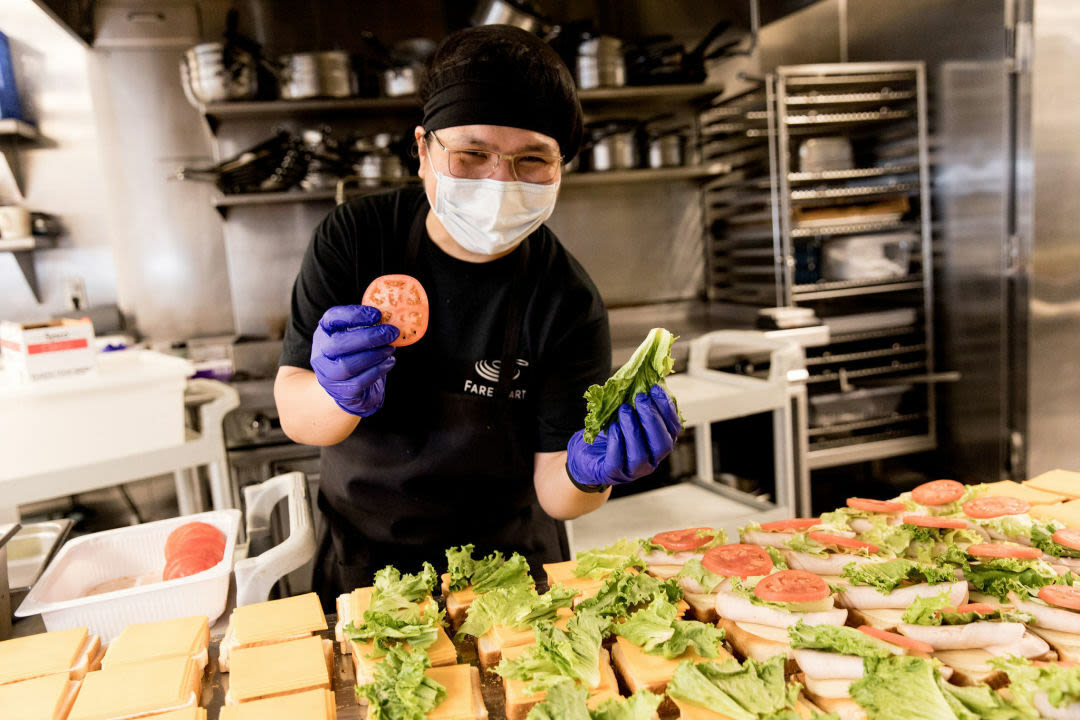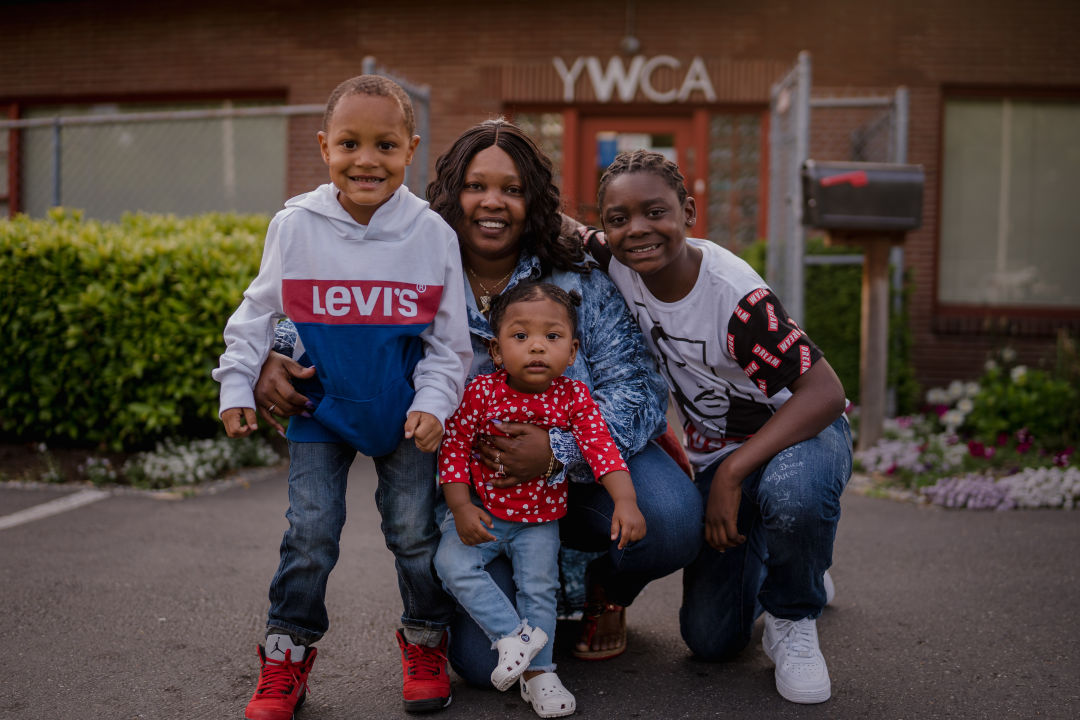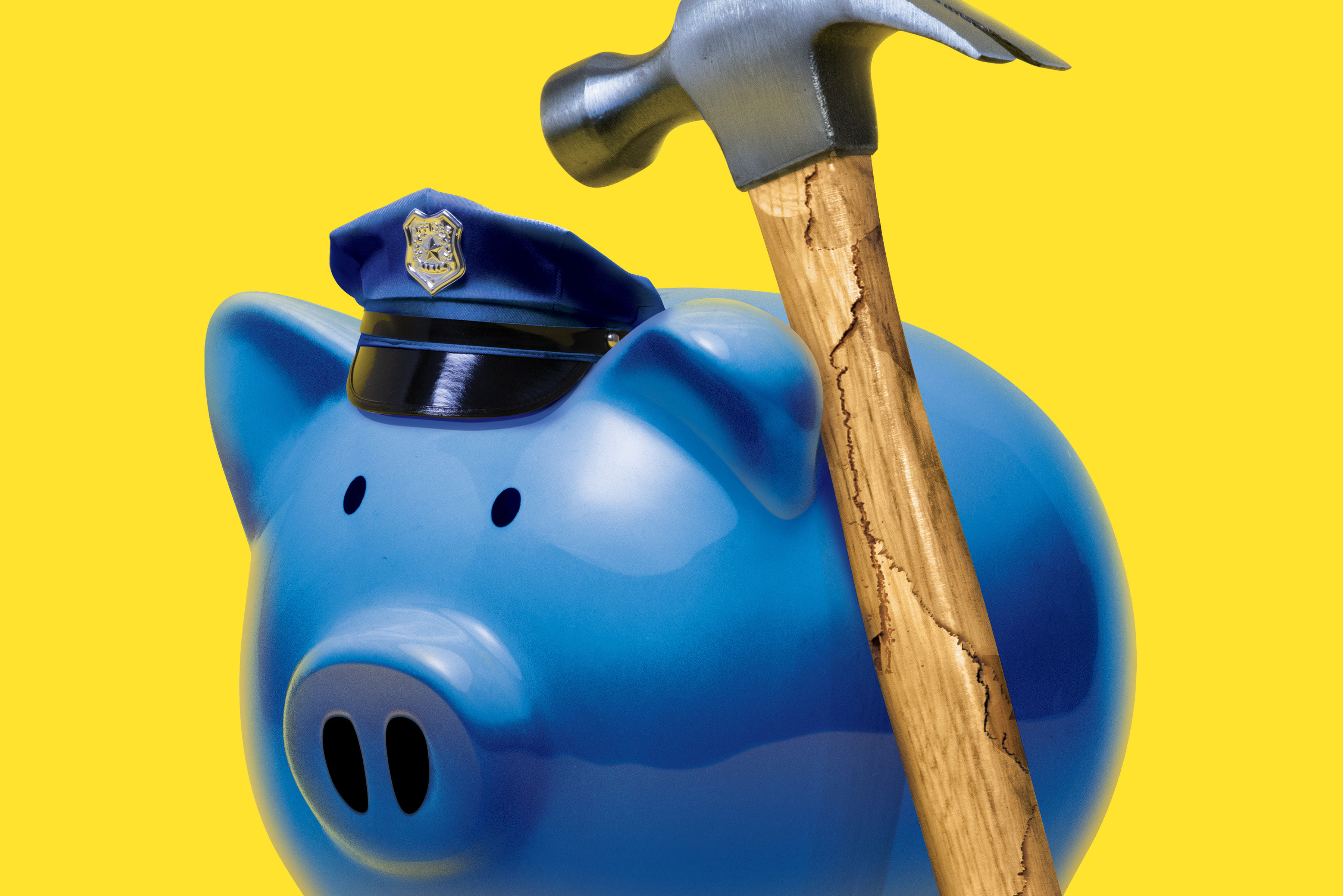Local Organizations Worth Donating To

These are tumultuous times. After an intense election year and a destructive bomb cyclone, Washington has plenty of organizations that need help. But there’s one thing that’s stayed steady amid all the chaos: Seattleites’ desire to better our community. Here are some local organizations invested in a more stable future for all, most of which are looking for an influx of donations on Giving Tuesday—or any time.
ACLU of Washington
Washington’s affiliate has fought for changes in policing, for the rights of protesters (to speech, to not have chemical weapons turned on them), and in recent years for the release of ICE detainees. They've put together an advocacy checklist for 2025 that covers the basics and a list of upcoming local events and classes.
How to help: join, donate, volunteer
Bureau of Fearless Ideas
This pair of writing centers provides free after-school tutoring, in writing and other subjects, along with creative writing instruction, forefronting the idea that learning needn’t be dull.
How to help: donate
Common Acre
Food does much more than sustain us—it connects us to the land and to each other. With different ecology, agriculture, and art programs aimed to restore land in the community, Common Acre keeps Indigenous knowledge of nature at the forefront and builds camaraderie.
How to help: volunteer, donate
Creative Justice
By now we’re all well aware of how the criminal justice system disproportionately targets people of color. But did you know just how staggering the problem is among youth? In 2015, 35 Black youth were in secure detention in King County each day, per county data. By 2020 that number dropped to 10, thanks to efforts by community organizers to eliminate youth detention, but disparities remain. Creative Justice, which just celebrated its tenth birthday, aims to address them by giving youth who face nonviolent charges the chance to participate in an art program to decrease or eliminate time spent in detention—restorative, not retributive, justice.
How to help: donate
Dress for Success
Seattle might dismiss fashion, but when it comes to interviewing for jobs and thriving in the workplace, clothing can make all the difference. Dress for Success is “much more than a new outfit.” The nonprofit helps lift women out of poverty by providing professional attire that leads to the security of a job.
How to help: donate, volunteer

The sandwich game is strong at FareStart.
Image: Courtesy FareStart
FareStart
This Denny Triangle–based nonprofit is working on some of the most pressing problems we have as a city—homelessness, hunger, poverty—and it’s doing so smartly. FareStart teaches people experiencing homelessness to cook professionally and in doing so delivers millions of meals to those in need.
How to help: donate
Lavender Rights Project
Led by Black trans women and femmes, Lavender Rights advocates for a world that elevates and empowers trans and queer people. The initiative provides legal and other services to help marginalized community members, especially gender-diverse BIPOC, protect their civil rights. The org even has a specialized task force to help stop violence against Black trans people.
How to help: donate, volunteer, fundraise
Northwest Avalanche Center
Playing in the snow is an unserious activity, but the danger of avalanche in our local mountains is very real. The forecasting arm of NWAC, which helps determine where and when an avalanche might occur, is run by the forest service, but its nonprofit wing is funded by private donations and is crucial to the center’s mission of educating Northwest users about tricky snow safety. During a snowy La Niña year in the mountains, they’ll fund workshops and outreach that keep people safe.
How to help: volunteer, donate, become a member
Rebuilding Together Seattle
This nonprofit works with local businesses and volunteers to provide free-of-charge repairs for low-income homeowners.
How to help: donate, fundraise, sponsor, volunteer
Seattle Foundation
This philanthropic juggernaut doles out more than $100 million annually to local nonprofits, and its latest fundraising missions couldn’t be more vital. Various ways to donate allow philanthropists to choose where they want their donations to go, all with the help of advisors.
How to help: donate
Seattle Homeless Outreach
Thousands of people face homelessness in King County alone, along with thousands more in Pierce County. Seattle Homeless Outreach provides them with crucial resources, like hygiene products, safety gear, and cold-weather clothing made by volunteers, and have recently expanded into support in Tacoma as well.
How to help: donate, volunteer, sponsor
Solid Ground
This Wallingford nonprofit’s goal is simple—end poverty. Yet its approach is admirably complex (i.e., not solely monetary). Solid Ground works to secure stable housing, offers transportation, and provides nutritious food (and education for how to prepare it), while fighting problems, like racism, that are at the root of inequity.
How to help: donate, give wish list items, volunteer
Town Hall Seattle
Its home on First Hill—a historic 1916-era converted church—safeguards Seattle’s past, but inside, Town Hall nurtures the exchange of ideas that guarantees our future. This civic forum means any of us can sit in a wooden pew as The New Yorker’s television critic expands our view of the medium, or witness robust exchanges on anything from Indigenous history to parenting (or musical performances, or a 24-hour live reading of the Mueller report). The building’s relatively modest size and commitment to affordable tickets guarantees a platform for people and ideas who can’t yet pack Benaroya Hall.
How to help: donate, become a member
Treehouse
Less than half of youth in foster care graduate from high school. Treehouse’s goal is to raise that number to 90 percent by 2027. This organization specializes in the education needs of kids in foster care, providing everything from books to car insurance to allow them to reach academic heights.
How to help: donate, volunteer, advocate
Washington National Park Fund
Washington National Park Fund collaborates with park superintendents of Olympic, Mount Rainier, and North Cascades national parks to lead dozens of annual projects—trail maintenance, wildlife studies, the removal of invasive species—to preserve our beautiful backyard. This year the fund boasts a new CEO, one who most recently worked for King County Parks.
How to help: donate
Westside Baby
Parenting an infant presents enough challenges without worry about where your next package of diapers will come from. This nonprofit dispatches millions of diapers (some purchased, many others donated by parents whose kid moved on to the next size) to families in need. Keeping kids in diapers might be Westside Baby’s most visible program, but they also distribute clothing, toys, strollers, and a host of other baby gear that’s wildly essential, if only for a limited stage of a kid’s development. The org works with various agencies around western King County to ensure these goods get put to the most efficient use to keep local children safe, warm, and dry.
How to help: drop off one of the org's most-needed items, host a drive, hit up Westside’s Amazon wishlist, donate
YouthCare
The Ravenna-based organization’s name says it all, focusing on young Seattleites dealing with homelessness. Its programs focus on ending youth homelessness through education, employment, and other services.
How to help: donate, volunteer, fundraise
Youth Eastside Services
This organization’s community outreach programs help up to 60,000 people a year, while partnerships with Lake Washington and Bellevue school districts that offer on-site counselors as well as other mental health and substance-use support programs for youth.
How to help: donate, volunteer

YWCA Seattle King Snohomish works for local women and their families.
Image: Courtesy Jovelle Tamayo
YWCA Seattle King Snohomish
Dismantling institutions of power and the racist and sexist ideologies they were founded on has been a focal point of recent years. Enter YWCA, which has job-training programs, domestic violence services, and over 900 housing units for women, children, and families to create a space where all women have “equal access to opportunity."
How to help: donate, volunteer, fundraise




